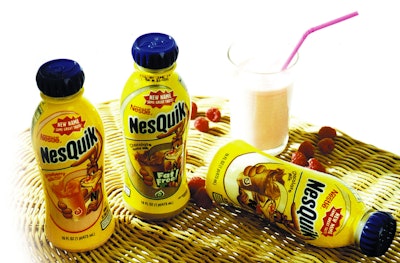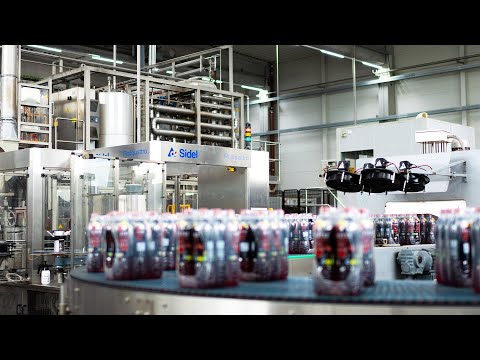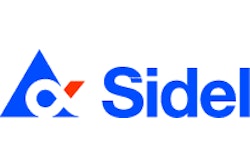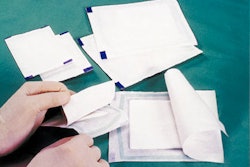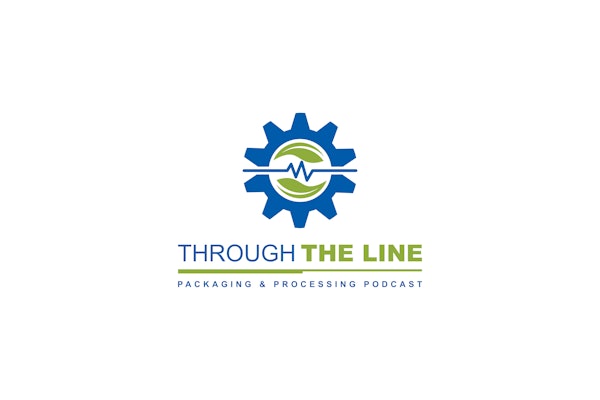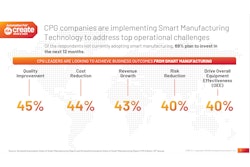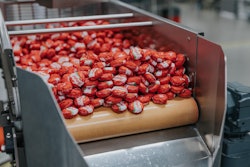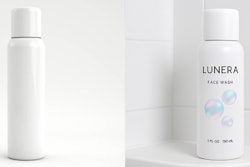Two aseptically filled polyethylene terephthalate bottles grabbed attention at the Dec. 1-3 DrinkPak ’99 conference in Orlando. On the low-acid front was a 16-oz NesQuik flavored milk drink from Nestlé USA’s Beverage Div., Glendale, CA. Representing the high-acid beverage category was a 24-oz Gatorade bottle from Chicago-based Quaker Oats.
Introduced last April in Florida, Georgia and the Carolinas, the new NesQuik package is filled for Nestlé by Ryan Foods, a Dean Foods company, at its Murray, KY, facility. Equipment used is the Combi SRU 12/24 T from Sidel (Norcross, GA). Dean is the first in the world to use this ultraclean blow/fill/seal system. It decontaminates PET preforms with a mist of hydrogen peroxide that is subsequently extracted with a blast of hot air. Continued sterility is ensured in an enclosed chamber as the system blows, fills and seals bottles. Foil lidding is heat-sealed to the bottle finish before bottles exit the enclosed chamber. Shelf life on the NesQuik milk-based product is 60 days under refrigeration.
The Sidel concept caught Dean’s attention in 1996. Especially appealing was that it was an integrated blow/fill/seal system permitting total control of the packaging environment, from entry of the preform to exit of the filled, sealed bottle. So Sidel and Dean moved ahead with commercialization of the new technology.
At the same time Sidel and Dean were developing the Combi concept, Nestlé’s marketers were on the lookout for a package that would allow them to reinvigorate NesQuik, their well-known flavored milk beverage. Ryan Foods, licensed by Nestlé to handle NesQuik, told Nestlé about the Combi project, and a few years later, the born-again NesQuik pack was unveiled.
PETG shrink sleeve labels are gravure-printed in eight colors by Reynolds Flexible Packaging (Richmond, VA). The lively design includes windows that allow the product, available in four flavors, to show through. A machine from PDC Intl. (Norwalk, CT) applies the label.
In a packaging user panel at DrinkPak, sponsored by Ryder Associates and Future-Pak Confer-ences (Appleton, WI), Dean Foods’ vice president of business development Dan Green made it clear that the bottle has been a huge success for both Dean and Nestlé. Consumers like its feel and reclosability, and retailers appreciate its “higher ring at the cash register combined with faster product turn,” said Green. He also said that a second Sidel Combi system is now being installed at the Ryan Foods plant in Murray.
Finally, he pinpointed some of the challenges the dairy industry faces as they seek to expand their use of PET packaging. His wish list: increased filling speeds, improved integration with downstream equipment, optimized flexibility in size changeover, and continued availability of PET resin and preforms at a competitive price.
Quaker Oats, meanwhile, didn’t address the DrinkPak conference directly. But in a presentation called “Aseptic filling without a clean room,” Bill Fitzsimmons of Procomac North America (St. Petersburg, FL) showed pictures of 24-oz PET bottles of Gatorade that he said are being filled aseptically on Procomac equipment. In a later interview, a Quaker Oats spokesman confirmed that aseptic filling of 24-oz PET bottles of Gatorade began about a year ago in its Atlanta plant. But that’s all he’d say.
The Procomac equipment, said Fitzsimmons in his presentation, is capable of filling 24-oz bottles at 750/min, and the talk at DrinkPak suggests that Gatorade is indeed filled at those speeds in Atlanta. Packaging World sources indicate that Quaker Oats has added Procomac aseptic lines in a plant outside Phoenix and in Italy, as well.
A reduction in bottle weight is among the significant benefits in going from a hot-filled, heat-set PET bottle to aseptically filling Gatorade at ambient temperatures. That means Quaker Oats saves money on resin. Also, vacuum panels required for hot filling are no longer needed in bottle design. (PR)
